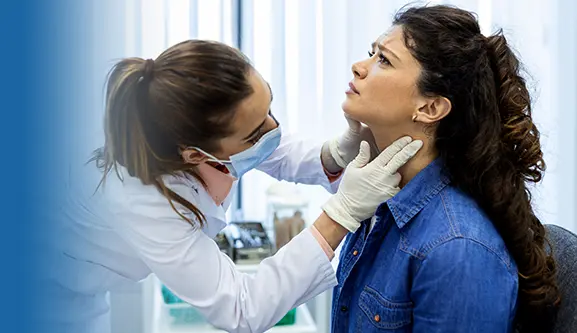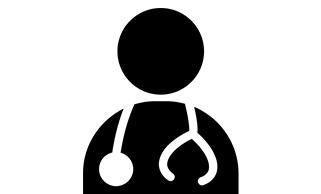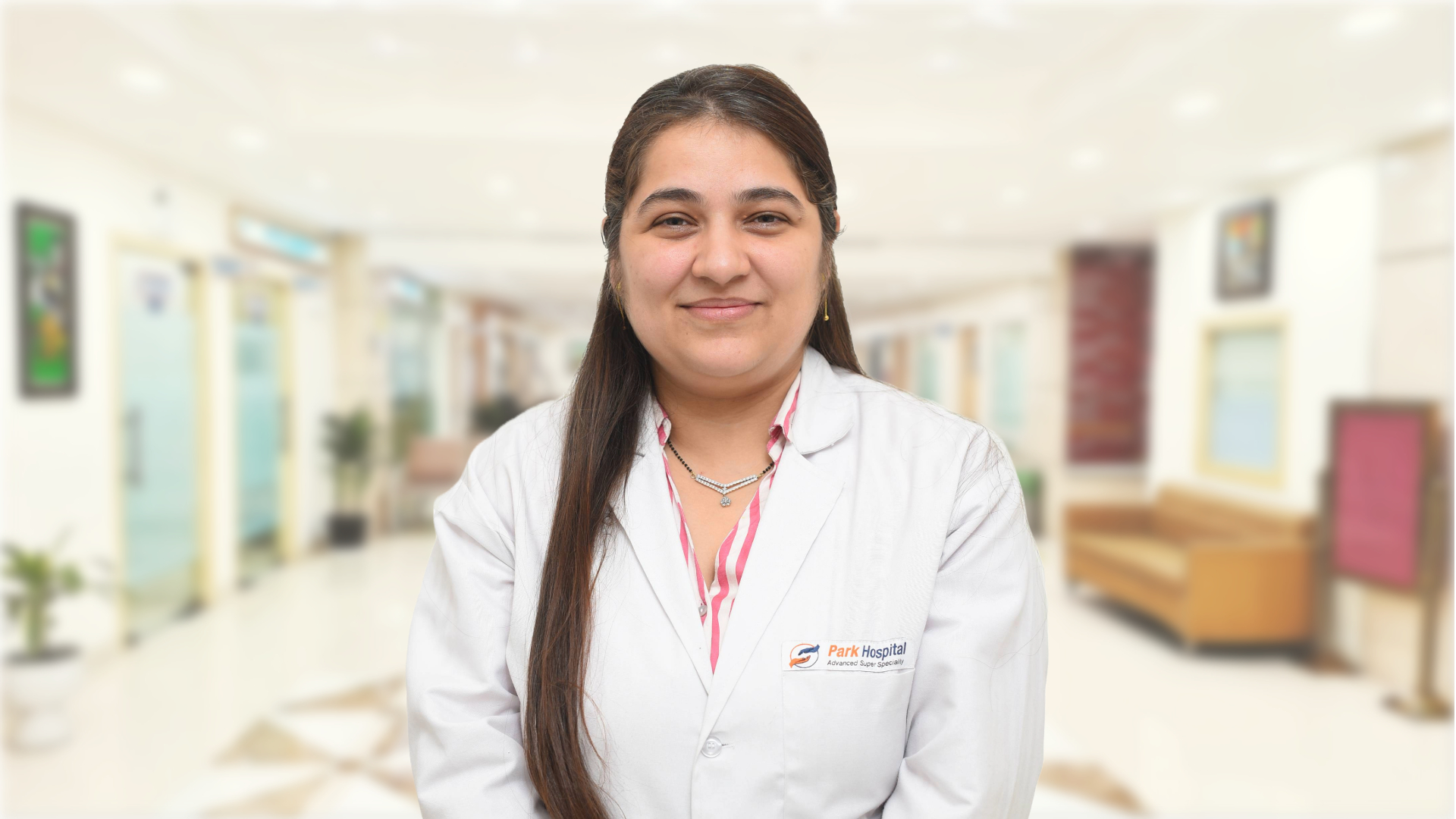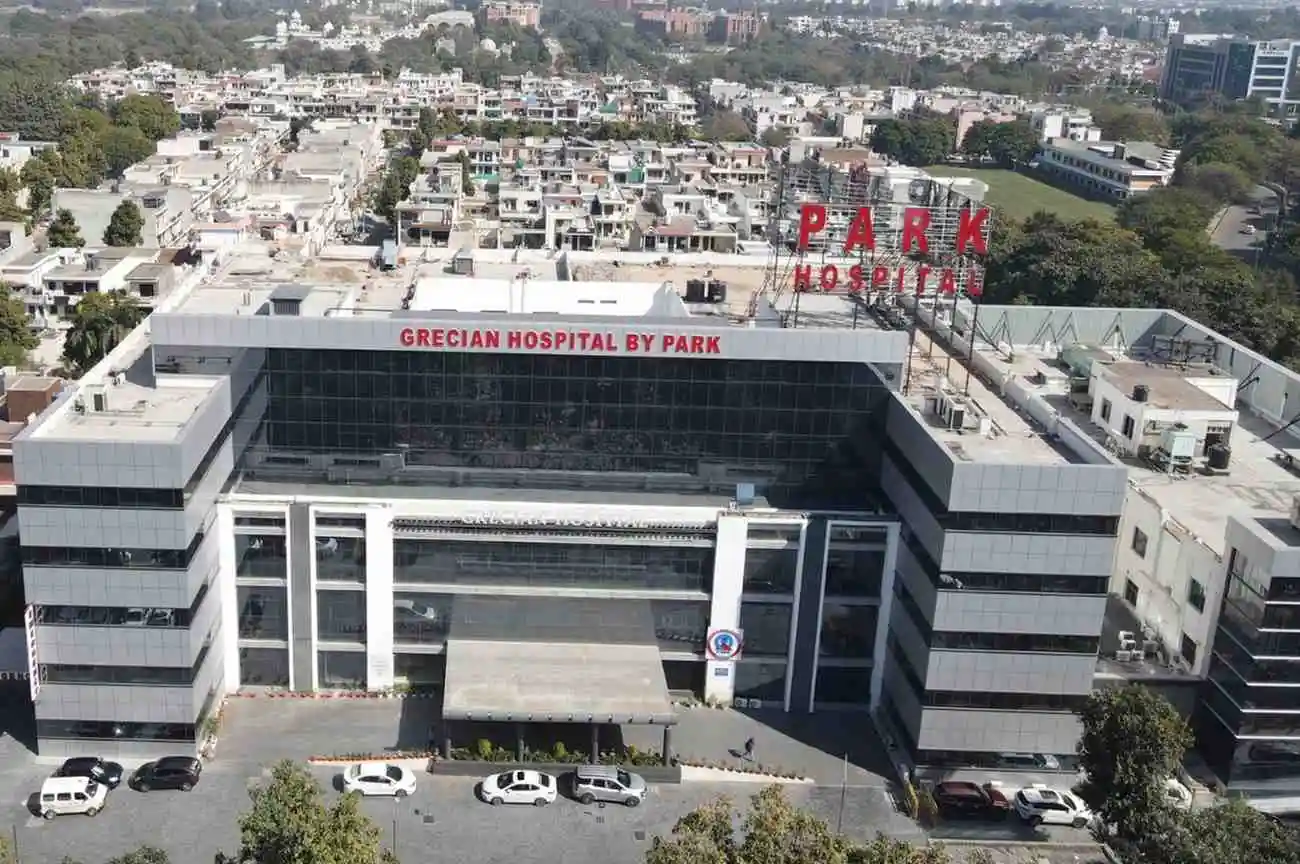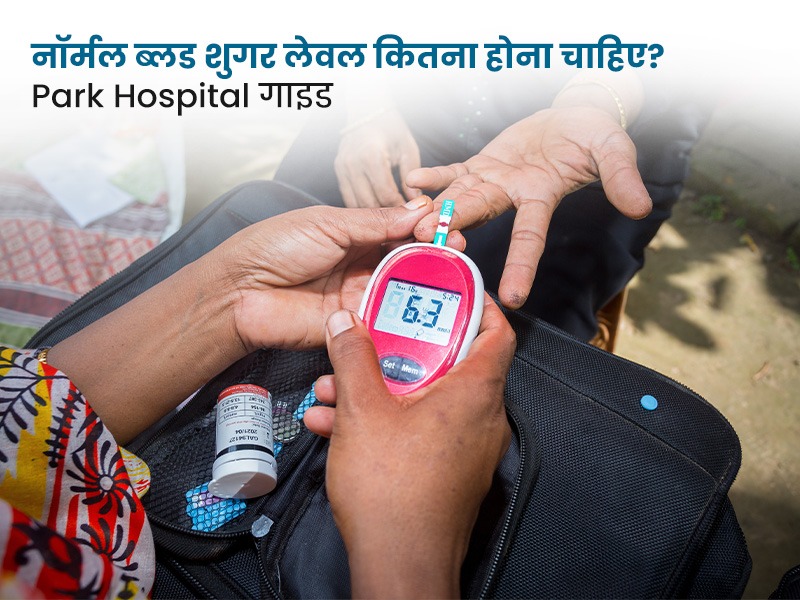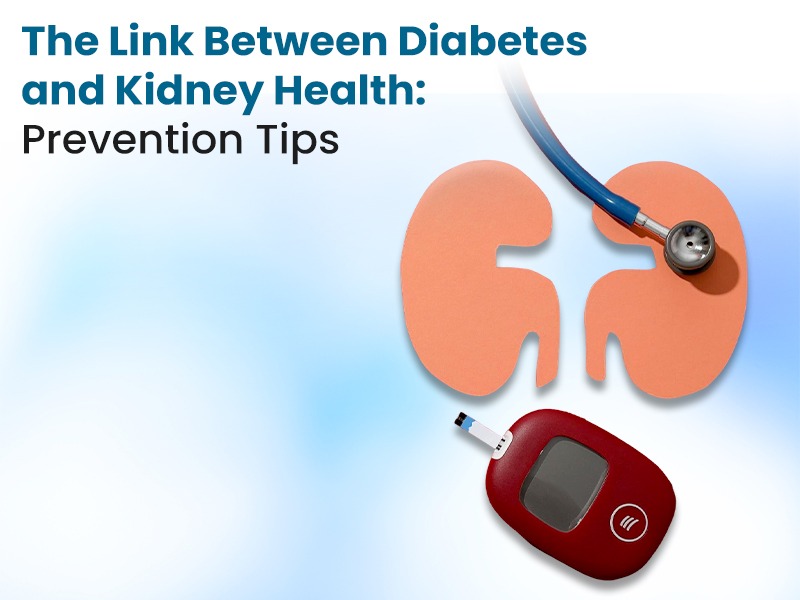Endocrinology
Under this, the focus is on those conditions that affect endocrine glands that secrete and control hormones. Hormones are chemical substances that regulate our growth, mood, sleep, stress, temperature, etc. At Park Group of Hospitals, we have a team of endocrinologists who specialize in the diagnosis and management of diseases related to the endocrine system and related hormonal issues.
Best Diabetes Management & Endocrinology Treatment Hospital
Endocrinology is the branch of medicine that deals with the endocrine system and its disorders. The endocrine system consists of a network of glands that secrete hormones into the bloodstream. These hormones regulate the body's metabolism, growth, development, and reproduction.
Diabetes is a chronic condition that occurs when the pancreas does not produce enough insulin or the body cannot effectively use the insulin it produces. Insulin is a hormone that helps to control blood sugar levels. When diabetes is not well-controlled, it can lead to serious health complications, including heart disease, stroke, kidney disease blindness, and amputation.
At Park Hospital, our endocrinologists are experts in the diagnosis and treatment of endocrine disorders and diabetes. Our Endocrinology Hospital offers a comprehensive range of services to help our patients manage their condition and live healthy lives.
Endocrinology
As explained earlier, it is the branch of medicine that deals with the endocrine system and its disorders. The endocrine system consists of a network of glands that secrete hormones into the bloodstream. Hormones are chemical messenger molecules that are produced by the endocrine glands and regulate the body's growth, metabolism, and sexual function.
The most common endocrine disorders include diabetes mellitus, hypothyroidism, and adrenal gland disorders. Diabetes mellitus is a condition in which the body does not produce enough insulin or is unable to use insulin properly. Insulin is a hormone that regulates blood sugar levels. Hypothyroidism is a condition in which the thyroid gland does not produce enough thyroid hormone. Thyroid hormone regulates metabolism. Adrenal gland disorders involve problems with the production of hormones by the adrenal glands.
Our endocrinologists are medical doctors who specialize in diagnosing and treating endocrine disorders. We work closely with other specialists, such as diabetes educators, dietitians, and exercise physiologists to provide comprehensive care for their patients.
Sub-Specialities & Services
Diabetes: Take control of your diabetes and conquer it with our healthcare expertise. We're here to guide you towards a healthier, happier life.
Other Gland Disorders: Get ahead of other gland disorders with our healthcare solutions. We've got you covered from diagnosis to treatment, so you can focus on feeling your best. We provide the care and support you need to manage your condition and live life to the fullest.
The Role of Endocrinologists in Hormonal Health
Endocrinologists are doctors who specialize in the treatment of hormone-related conditions. They work with patients to ensure that their hormones are balanced and healthy. Endocrinologists may also work with patients who have diabetes or other conditions that affect the endocrine system
Endocrinologists play a vital role in hormonal health. They work with patients to ensure that their hormones are balanced and healthy. This helps to prevent a variety of health problems, including diabetes, heart disease, and osteoporosis. Endocrinologists also work with patients who have disorders of the endocrine system. These disorders can include pituitary tumors, thyroid diseases, and adrenal disorders.
The Future of Endocrinology
Endocrinology is a rapidly evolving field, and the future looks promising for those with endocrine disorders. New treatments and technologies are being developed all the time, and there is always more to learn about the endocrine system.
Our Endocrinology and Diabetes treatment Hospital is at the forefront of research and development in this field. We are constantly exploring new ways to improve treatment and care for our patients. Our goal is to provide the best possible care for those with endocrine disorders, and we will continue to work hard to achieve this.
The Importance of Communication in Endocrinology
Endocrine disorders can be caused by a variety of factors, including genetics, lifestyle choices, and environmental factors. Many endocrine disorders are chronic conditions that require lifelong management. Because of this, communication between patients and their healthcare providers is essential for proper treatment and disease management.
Patients with endocrine disorders often need to take medication to manage their condition. It is important that patients understand how to take their medication correctly and follow their treatment plan as prescribed by their healthcare provider. Patients should feel comfortable asking questions about their medication and treatment plan so that they can fully understand how to properly manage their condition.
In addition to taking medication, patients with endocrine disorders may also need to make lifestyle changes in order to manage their condition. These changes can include diet modifications, exercise, and stress management. It is important that patients discuss these lifestyle changes with their healthcare provider so that they can develop a plan that works best for them.
Communication between patients and healthcare providers is essential for proper management of endocrine disorders. Patients should feel comfortable asking questions about their condition and treatment so that they can make informed decisions. Healthcare providers should make sure to provide clear and concise explanations to help ensure that patients understand their treatment plan. This communication is key for helping patients successfully manage their condition and stay healthy.
Thyroid Clinic:
The thyroid clinic at Park Hospital is an integrated multidisciplinary network which takes care of all your thyroid needs under one roof, do come and see our experts in thyroid and endocrine disorders, who use cutting-edge techniques to restore patient lives.
Treatment for patient with
• Hyperthyroidism
• Goiter
• Thyroid nodules
• Thyroid cancer
What all we are offering?
1. Blood Tests
2. Imaging Tests
3. Thyroid scans
4. Fine Needle Aspirations and Biopsy
Our Team Expertise
Our team of experts is passionate about providing the Best endocrinological treatments for our patients. We offer a wide range of services and treatments for endocrine disorders and diabetes, and are constantly expanding our knowledge to keep up with the latest advancements in this field.
We offer comprehensive care for all stages of life, from infants to adults. Our team is dedicated to helping our patients manage their conditions and live happy, healthy lives.
We offer a variety of services, including:
1. Endocrine testing and diagnosis
2. Medical management of endocrine disorders
3. Surgical treatment of endocrine disorders
4. Diabetes education and management
5. Nutrition counselling
6. Weight management
7. Preventative health screening and management
8. Lab services
9. Diabetes technology
10. Telemedicine visits and follow-up care
Feel free to get in touch with us and receive top-notch treatment with utmost care.
